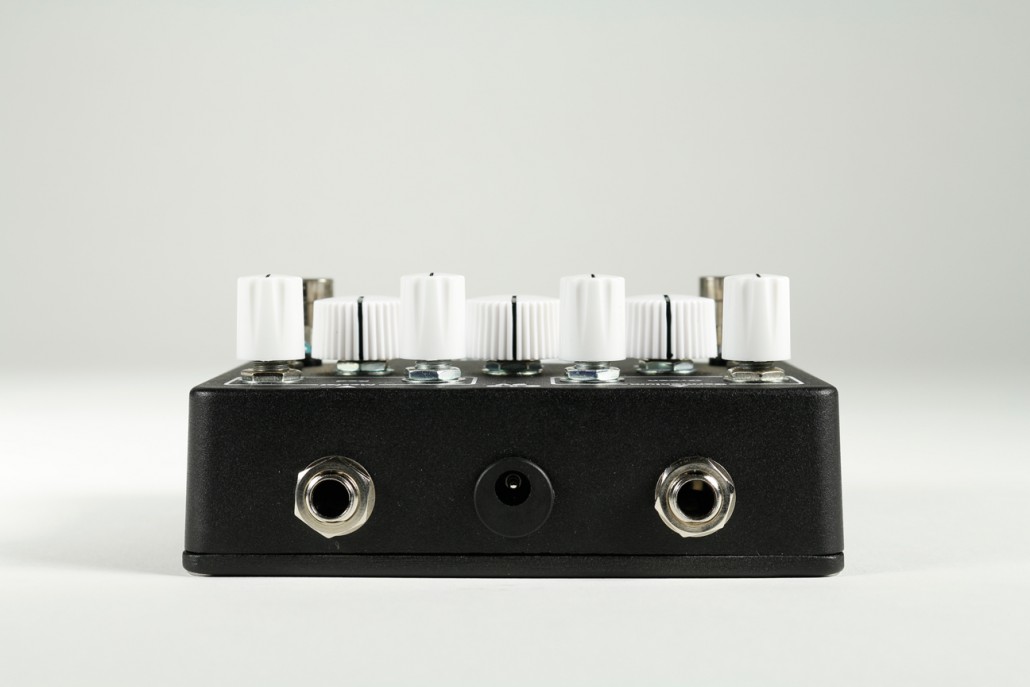
Instead I keep all my portable apps on a partition separate from the OS partition and everything is up and running instantly with all my preferences in place, my way. bigger hard drive), I don't need to re-install and configure every app all over again from scratch.
BVCKUP Z DRIVE UPGRADE
It's a chicken-and-egg one.įor me the compelling thing about portable apps is that when I clean-install the OS, move to a new machine or upgrade my hardware (e.g. May 17, 2017I would be interested in a portable version, but I see how this would pose a challenge from a licensing perspective. I think any of those strategies, or a mixture of them, would be more pleasant for users than tying a license to an individual drive. Leave out the more powerful features of a full install, and encourage simple, mirrored backup as the intended use. Create a separate, portable version with a subset of features targeted at the portable use case.
BVCKUP Z DRIVE INSTALL
Possibly allow only ~2 distinct check-in locations (this lets the master Bvckup 2 install track unique IDs instead of a central server) Make the portable process a "companion" to a standard Bvckup 2 installation, and require the portable process to "check in" with the master Bvckup 2 install the first time it runs, possibly with scheduled check-ins every so often after that. Detect and track the network that the portable process is executed from (IP or DNS, or some other method), and only allow it to work from ~2 networks for the Personal version. (A different strategy for the professional license would make sense) Detect and track unique hardware IDs used by a portable bvckup 2 install, only allow it to work with at most ~3 IDs for the Personal license. If you tie the license to an individual drive, allow users to "move" the license to another drive once every 2 weeks or something. However, if you still feel the need to further protect the software in a portable use case, here are some ideas: I think those inconveniences would prevent large-scale abuse of a more flexible portable license. If anyone attempts to use the portable version to backup multiple systems, they'll have to deal with a lot of inconveniences such as manually moving a flash drive around, or using scripts to start and stop the process in different places on a schedule to keep multiple instances from running concurrently. If you granted a full license (without tying to hardware at all) for portable use, I think it would be fine so long as you ensure only one copy with that license can run at the same time. If you tie the license to a specific flash drive, I think many users will be surprised when they replace that drive and find out their license no longer works. Typically, portable software is used on a flash drive, and flash drives are viewed as interchangeable, flexible, and replaceable. Jul 03, 2014Regarding binding a license to a specific removable drive: This would be frustrating for me because it doesn't follow the norm for "portable" software. Do you think this would work? Because I'm not an adept of portable usage myself, I'm only guessing how people employ it. What I am considering is binding the license to to a removable media, like a thumb drive. The portable versions however is whole different game as the host machine may change at will.

Standard installations are licensed based on a hardware fingerprint of the host machine.
BVCKUP Z DRIVE HOW TO
The problem however is that it's not clear to me how to license portable use. In this sense bvckup is as portable as it gets.
BVCKUP Z DRIVE UPDATE
The updater, if invoked from a running instance of bvckup, will take care to update spawning process. You can start bvckup2.exe with "-c " and it will use this path for all its configuration files.

The default option should still be the current user folder (or the installer could ask for it). In application mode it would make it a portable application. in subfolders relative to the app directory would be very nice.

Highend: Do you accept feature request as well, Alex?Īn option to store all logs, ini files, etc.


 0 kommentar(er)
0 kommentar(er)
